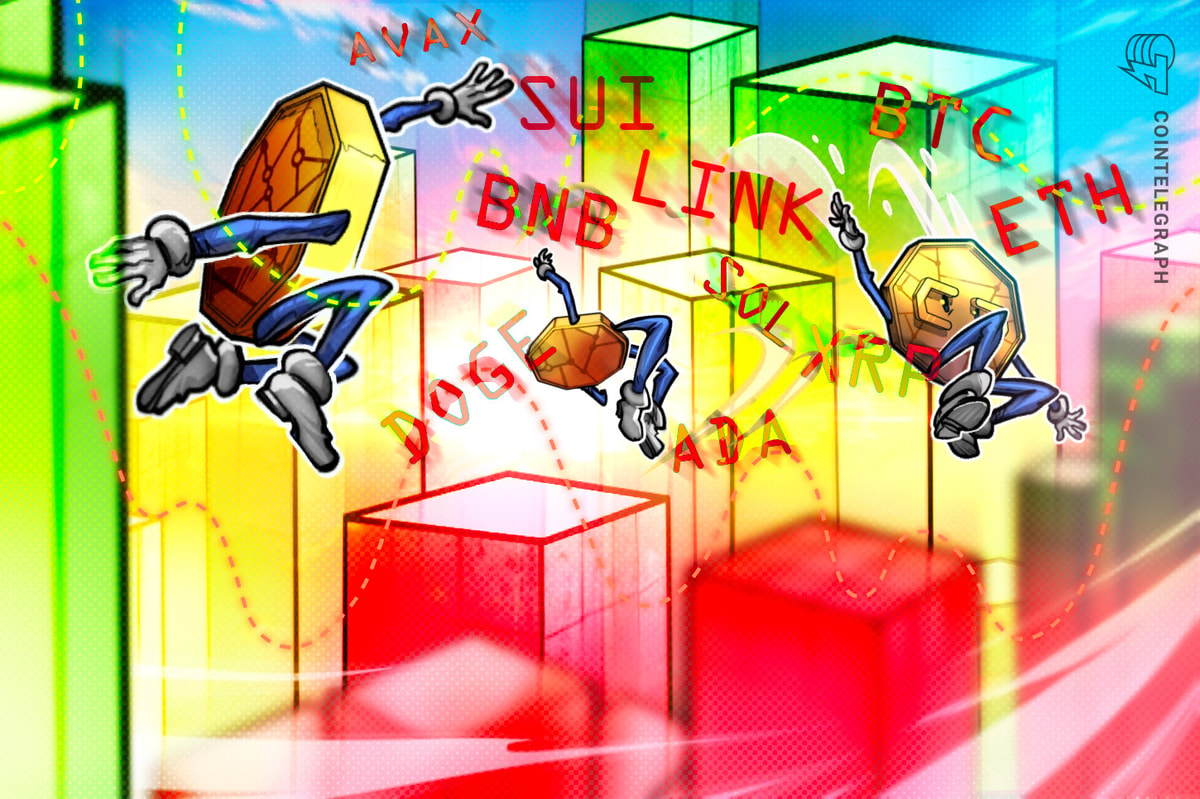Six years ago, a cryptocurrency was used as a medium of exchange for the first time - that precedent was later called the most expensive pizza delivery ever.
Many things have changed since back then, but Bitcoin - not to mention more than 700 altcoins - still only seeks to be considered an adequate alternative to fiat money.
Cointelegraph spoke to Mihir Magudia, Сommunications Director at LEOcoin Foundation, about the potential of digital currencies and the main reasons for the arrest of their development as a method of payment.
Being understandable and easy to use is the key
Magudia believes that it’s important to help people understand the power and potential of digital currencies, and to show them how they can benefit most from it. This can change the way that business is done.
LEOcoin is a pseudonymous digital currency, which is working within a decentralized peer-to-peer network, entirely on a PoS validation algorithm, and was made specifically for small business owners. The currency was created in 2014 by Learning Enterprises Organization (LEO) - a company specializing in eLearning, eTutoring and skills development for entrepreneurs. Such a background let LEOcoin find 200,000 advocates, young entrepreneurs nurtured on LEO educational programmes, at once.
Magudia explains:
“LEOcoin is designed to be easy to use and participate in. Entrepreneurs and businesses need a coin to be stable and they need it to be mass market, that is what we are working on.”
Is it real money?
Creating a large and loyal community is not a decisive advantage, albeit an important one. When moving further, every cryptocurrency takes its own path.
One of the most popular and straightforward ways of “socializing” a cryptocurrency is to introduce it as a method of payment on all kinds of online shops and trading platforms. Quite predictably, Bitcoin is the absolute leader in this field. The coin is seemingly supported by everyone - from international tech and IT giants to small local companies across Europe.
All in all, there are quite a few places where a consumer can purchase a desired commodity or receive a service in exchange for Bitcoins - the numbers are, at least, enough for niche media to publish user guides, and a dedicated stores map to be filled with marks. The situation is more complicated for altcoins, but there is hope - a lot of cryptocurrencies - the most popular ones definitely being on the list, are supported by the CoinPayments platform.
Additionally, more platforms are gradually appearing, which make it their principle of operation to support new digital currencies (such as Ethereum, Steem, Dash, and others) alongside Bitcoin; one such platform is BlockPay, for example.
LeoCoin, in turn, is supported by such projects as My LEO Travel and LEOcoin Merchants.
My LEO Travel is an online hotel booking platform, which was launched a couple of weeks ago. The range of the service’s features is yet to be expanded: soon the users will also be able to book cars and air tickets.
The second project, LEOcoin Merchants, is a trading platform which can be used by suppliers of goods and services from all over the world. Potential consumers and businesses looking for clients can easily meet each other on this platform. Probably the only condition to use this service is that both sides have to accept and use LEOcoin as a payment method.
Community vs. regulators
Today, Bitcoin has managed to win such trust and love of the community that all kinds of organizations and businesses are growing around it on their own; it’s impossible not to mention the Bitcoin Foundation, which is a precedent of sorts.
On the other hand, there are large commercial entities, which attract impressive amounts of capital, with the exclusive goal of financing promising startups and developments on the Bitcoin market.
It’s somewhat different in the industry of altcoins. Of course, one can mention such projects as The Rudimental; it was also founded by people from the “outside”, who just believed in the technology. But more often than not, if a ‘young’ digital currency, which isn’t wildly popular at the moment, has some sort of closely associated project or organization, the coin’s creators are most likely behind that.
LEOcoin Foundation is placed somewhere between the aforementioned options. It is an international non-profit organization, which is engaged in the development of both LEOcoin itself, and its infrastructure. The organization’s activities are spread in several directions. Firstly, it’s a sort of a driving engine and a guide for everything regarding LEOcoin: it conducts research, educates, engages and integrates.
The Foundation facilitates efficient interaction between private and corporate entities, government and non-government, commercial and non-profit organizations. Additionally, LEOcoin Foundation is always prepared to financially support all worthy contributors, irrespective of currency affiliation.
All activities are subject to one main goal - make LEOcoin not just an element of the global cryptocurrency ecosystem, but also a mass market coin.











